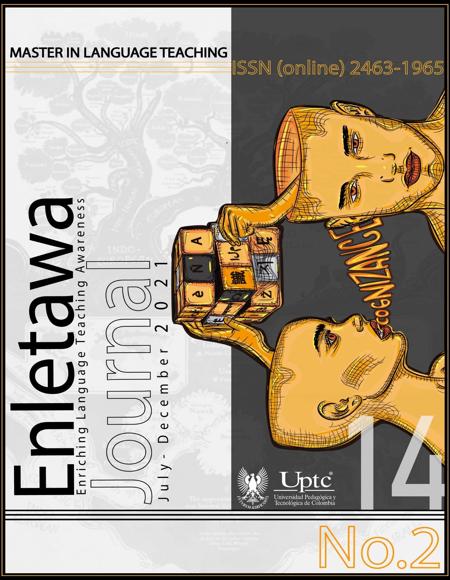Not Easy Being “Me”: Deconstructing Foreign Language Teachers’ Self Through Collaborative Autoethnography

Abstract
In this article, we, three pre-service Foreign Language teachers, used an introspective view of our memories and experiences to extract relevant aspects that defined our teacher self, teaching methodology, and vocation in Southern Colombia. We used a collaborative autoethnographic approach with virtual cumulative collaboration and an analytical/evocative typology. Our stories are evocative, but our experiences were extracted using instruments such as memory collection, self-reflections, reflective journal writing, autobiographical essays, and focus group discussions. We found tacit structural/sociological policies and factors which influenced our learning processes throughout our student selves. Factors concerning acculturation/cultural integration, affective teaching environments or lack thereof, and family dynamics influenced our selves. From retelling our stories, we can see that these policies/factors had an adverse effect in our learning, but a positive effect on our teacher selves and vocation. We can safely say that negative learning/family experiences influencedour teacher selves for the better in our stories.
Keywords
collaborative autoethnography, narratives, reflections, teaching methodology, teacher self
Author Biography
Juan Camilo Hernández Victoria
Juan Camilo Hernández Victoria is a student in the B.A. in English at the Universidad Surcolombiana since 2016. He is part of the research group GAIA.
Laura Daniela Diaz González
Laura Daniela Diaz González is a enrolled in the Faculty of Education in the B.A. in English program at the Universidad Surcolombiana since 2016. She will soon finish her undergraduate degree, and she is currently working as an elementray school English teacher. Additionally, she is part of the research group GAIA.
Franz Stehf Méndez Garzón
Franz Stehf Méndez Garzón is a student in the B.A. in English at the Universidad Surcolombiana since 2016. He is member of the research group GAIA.